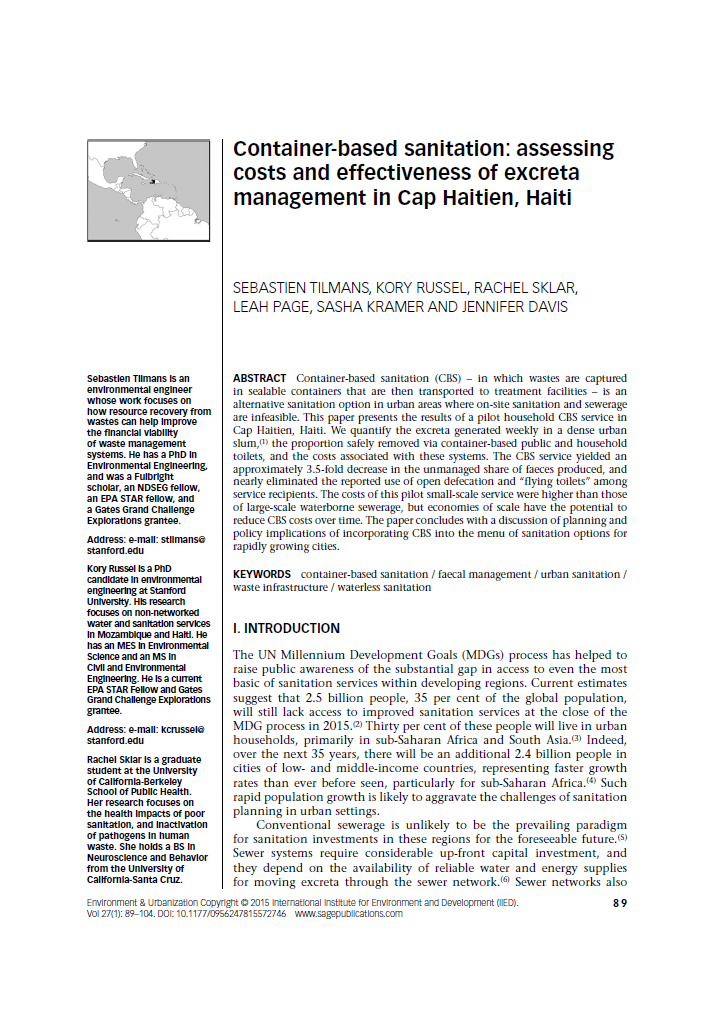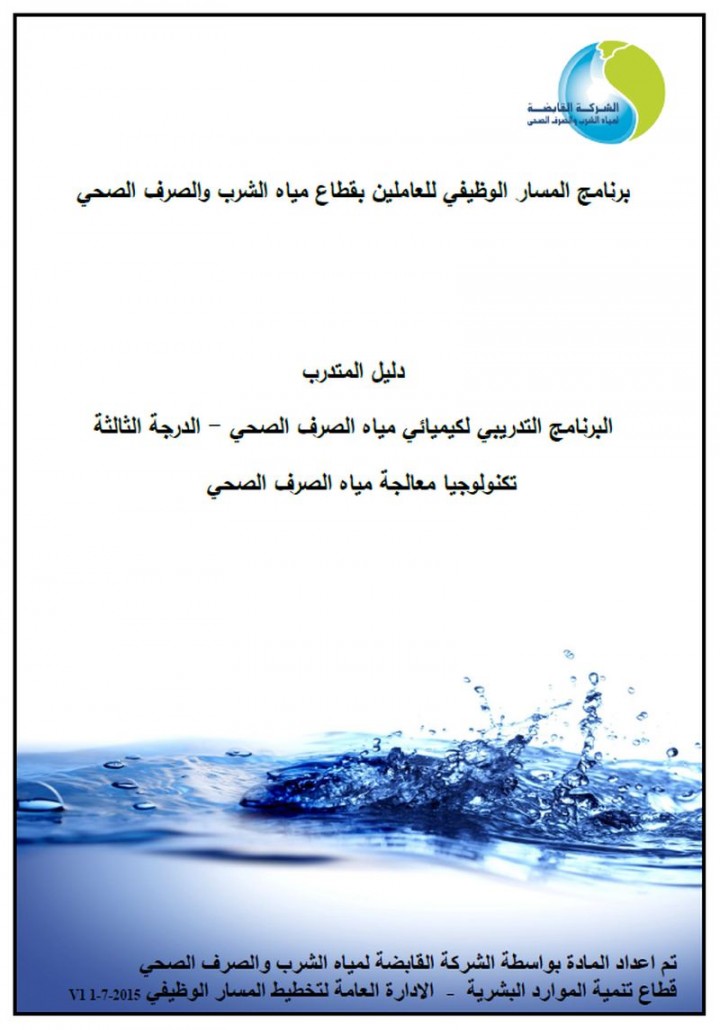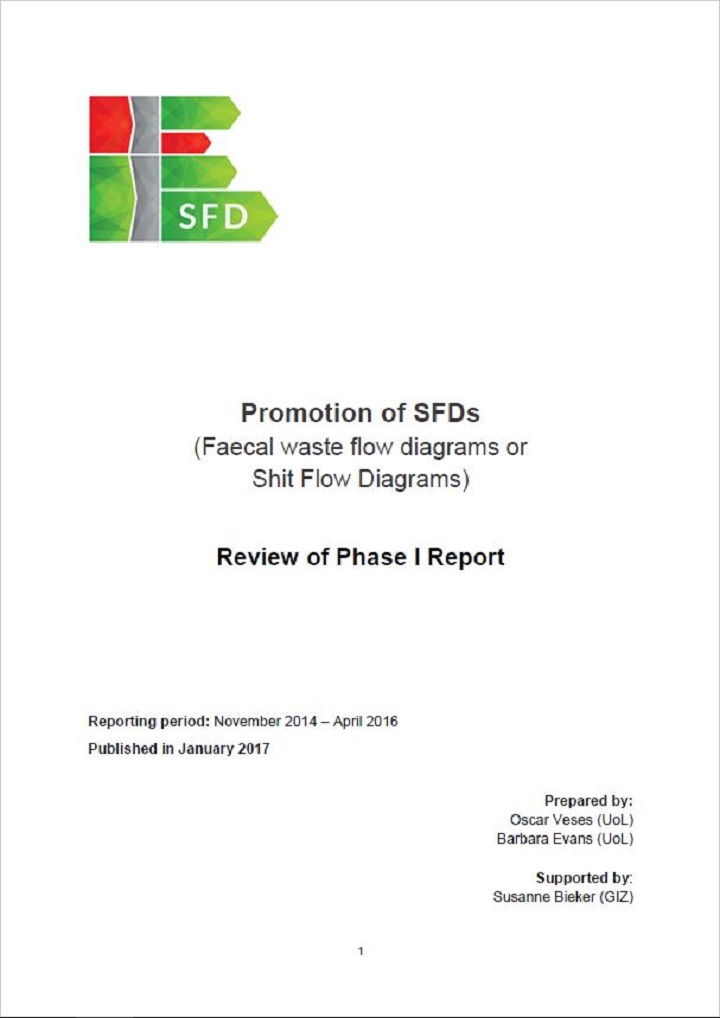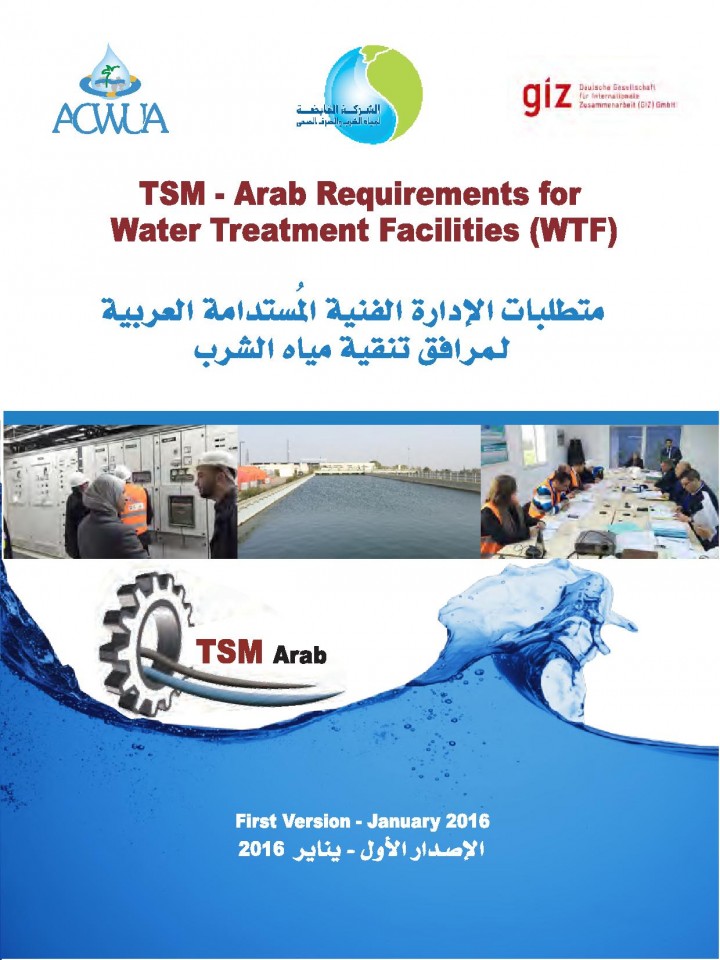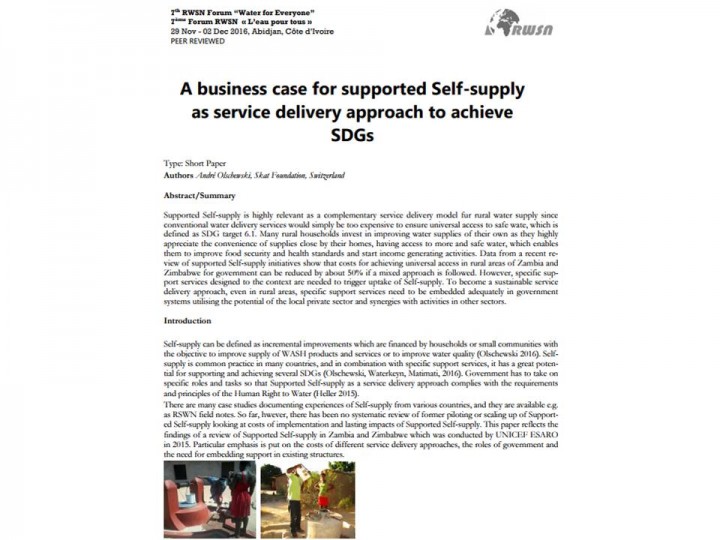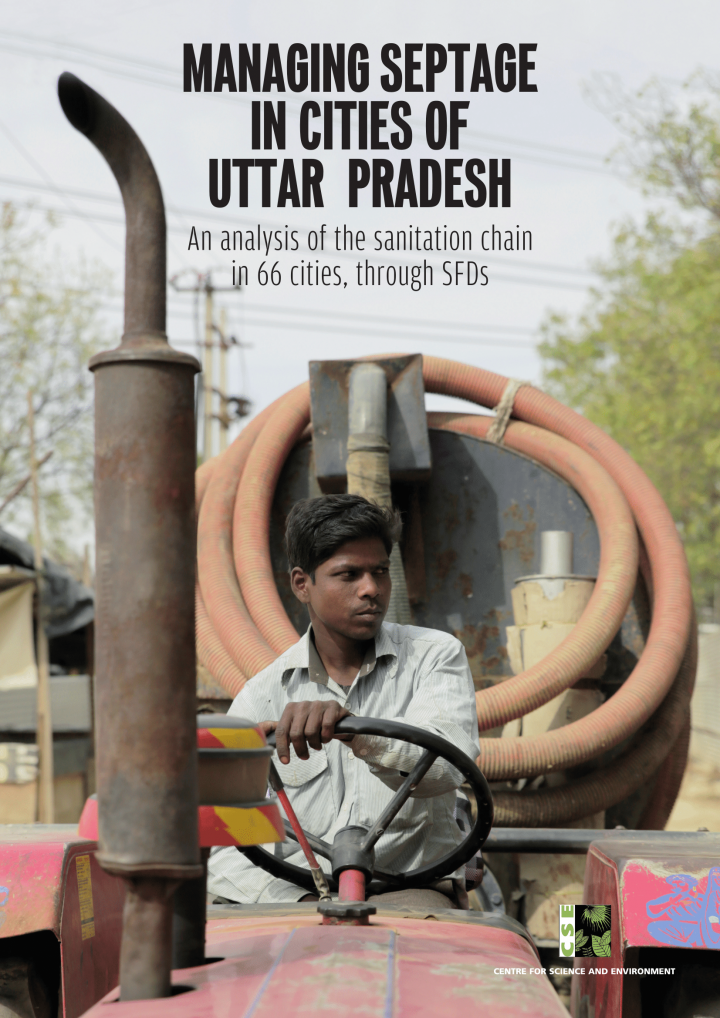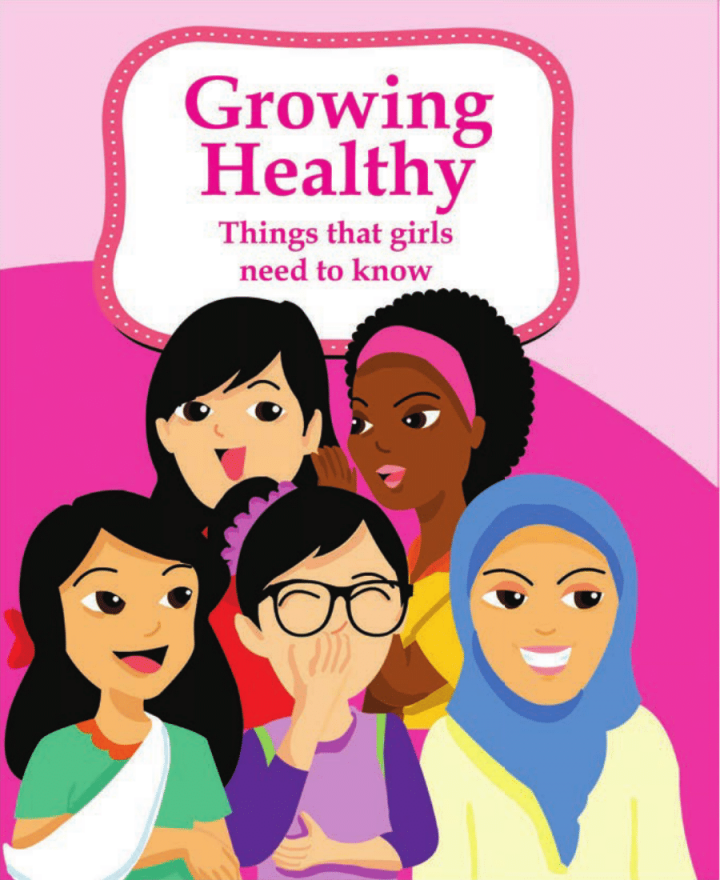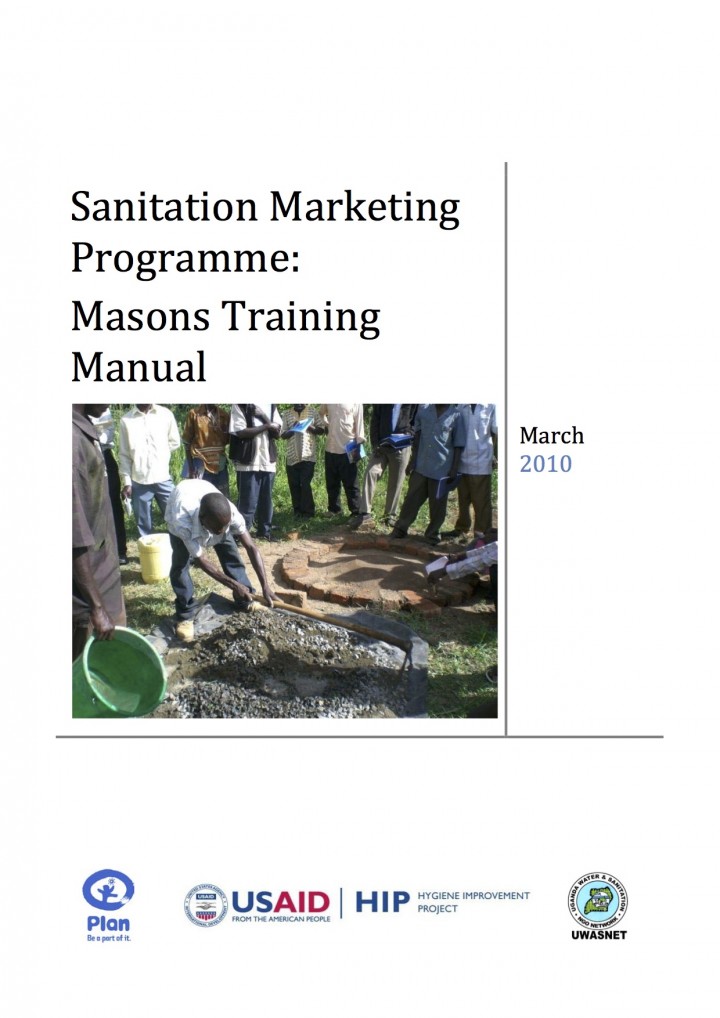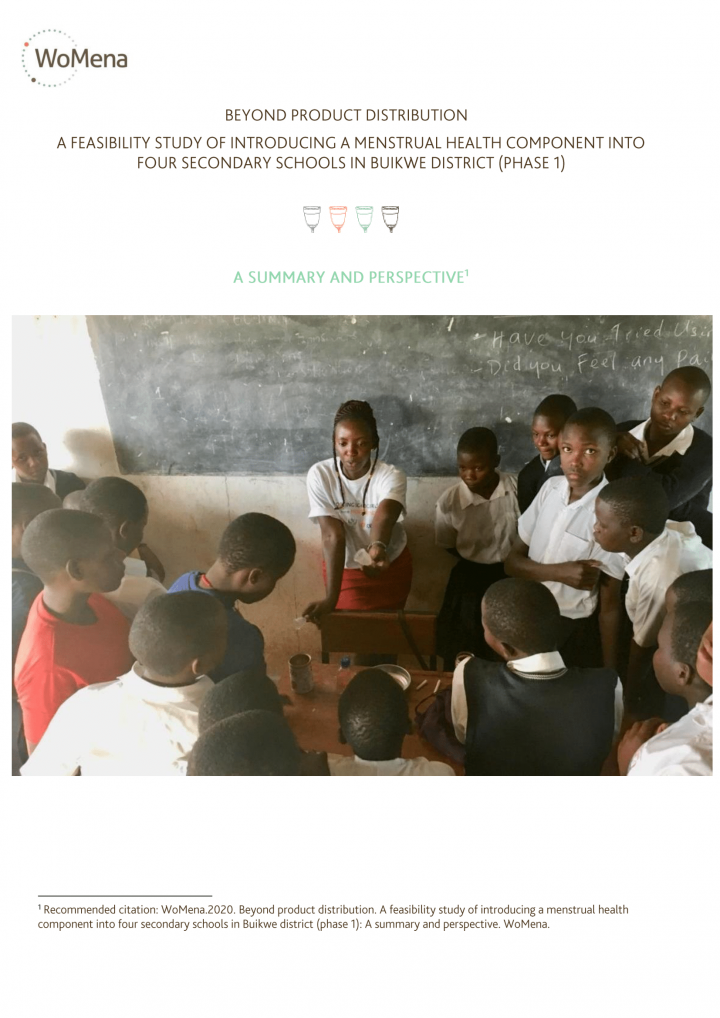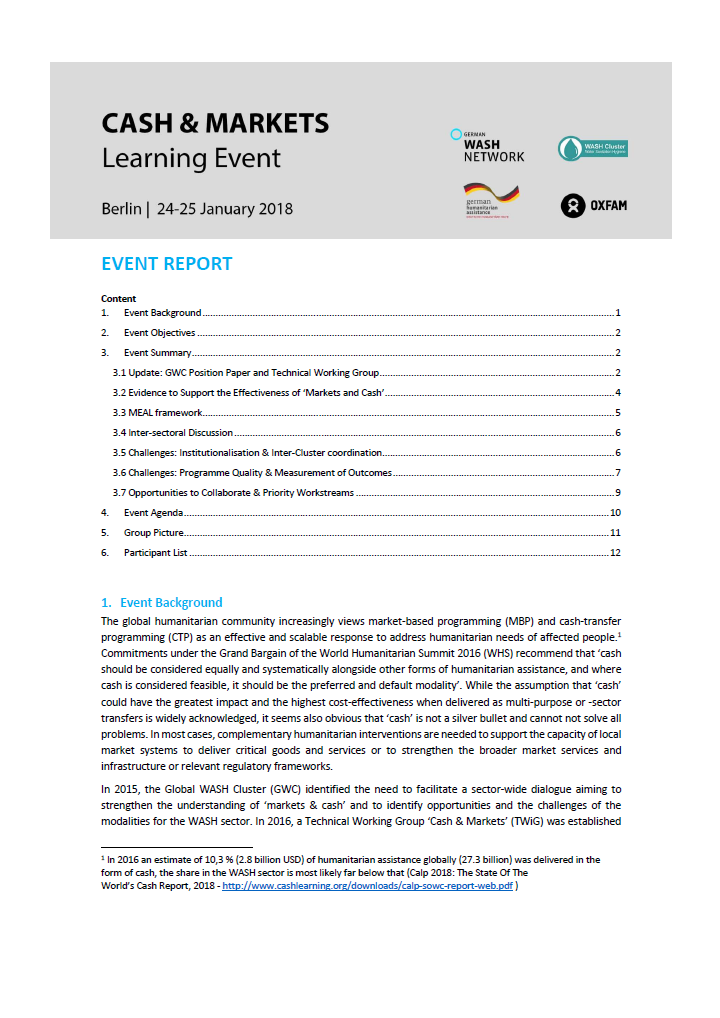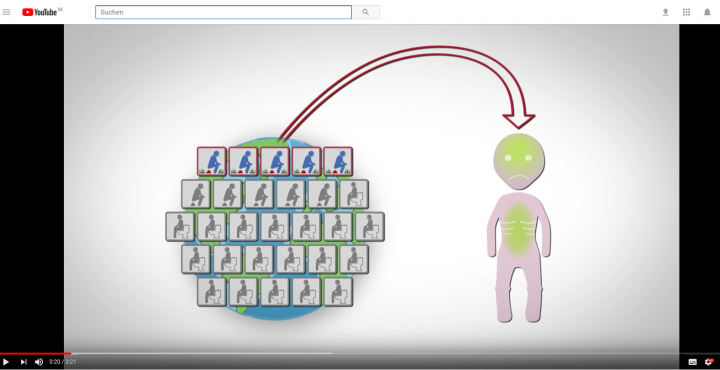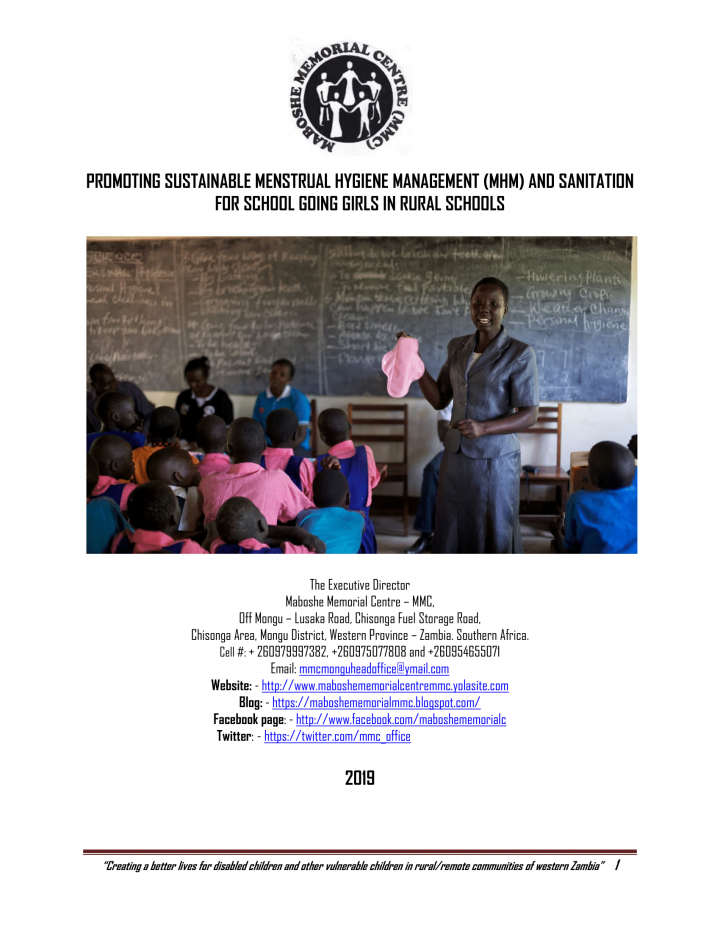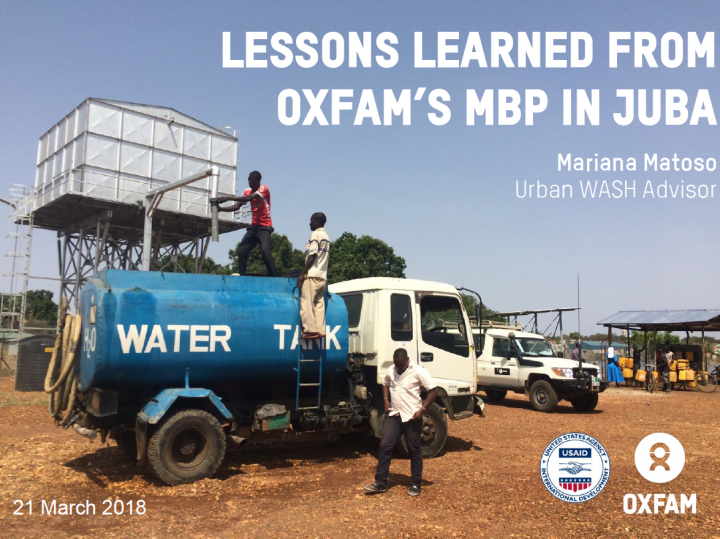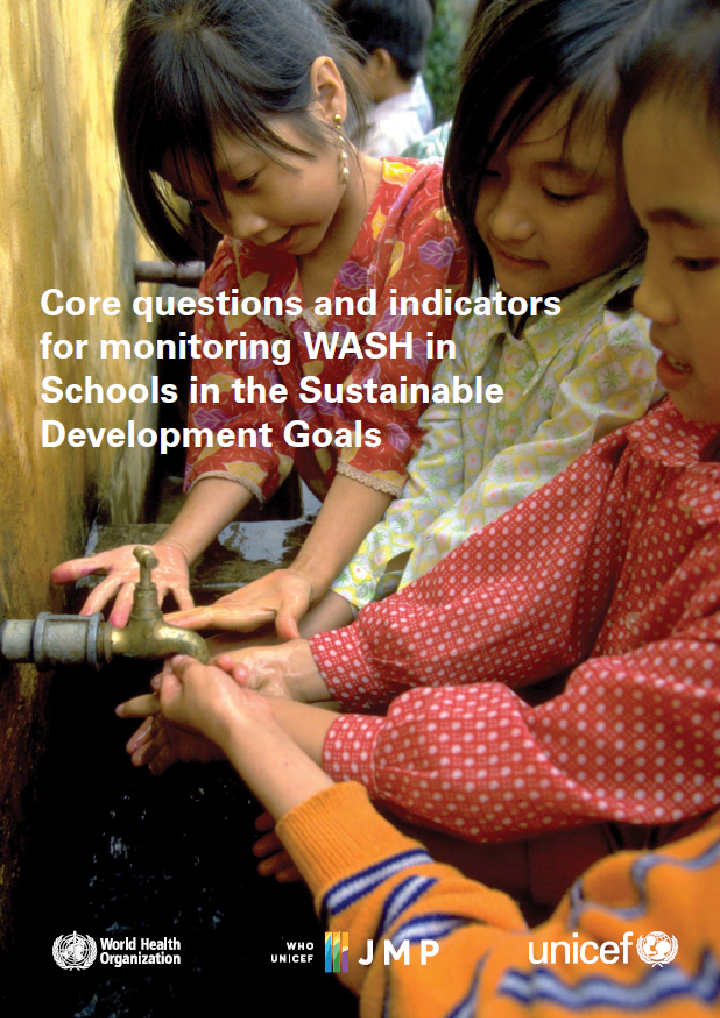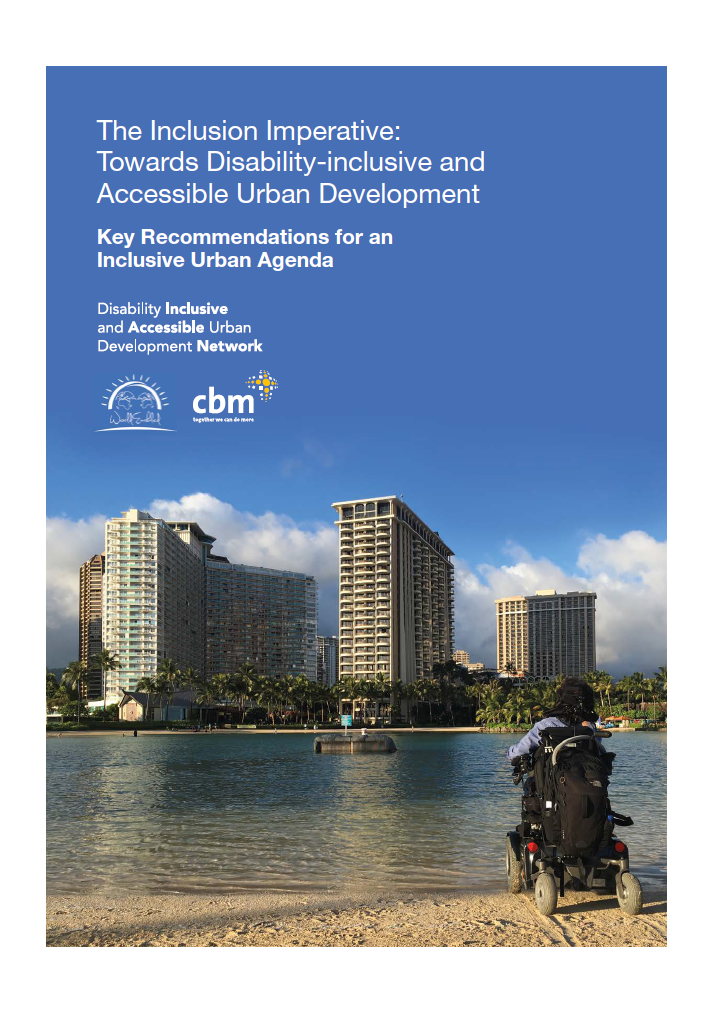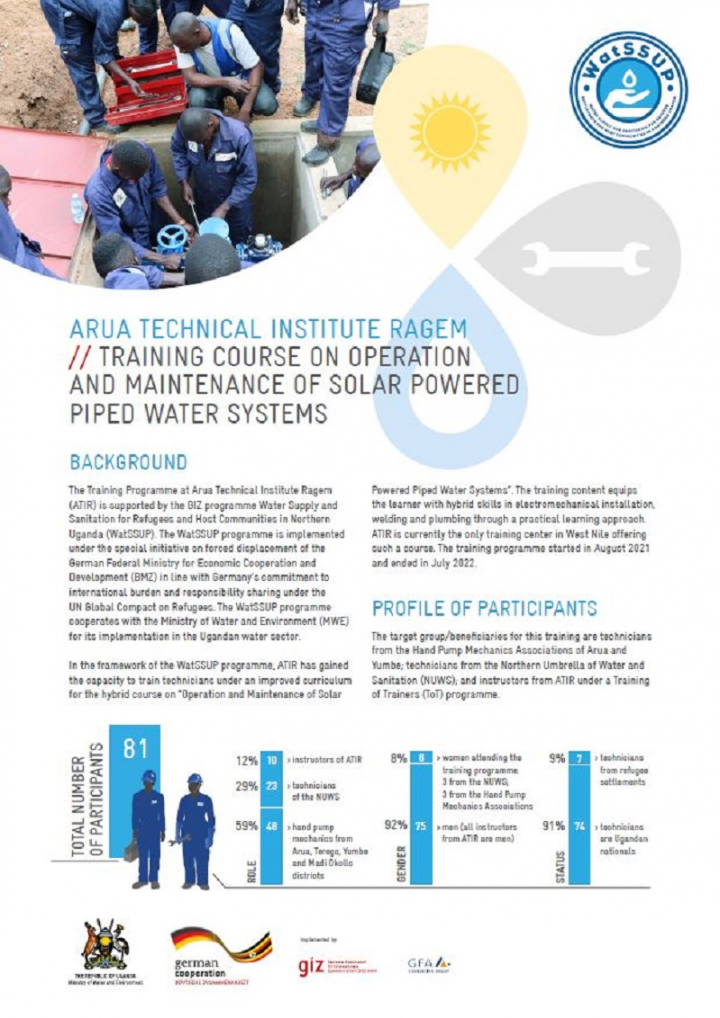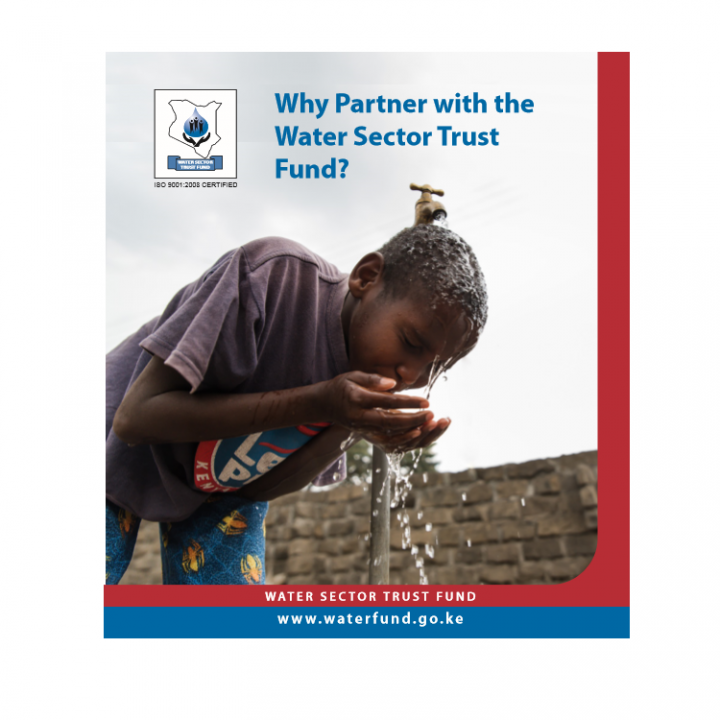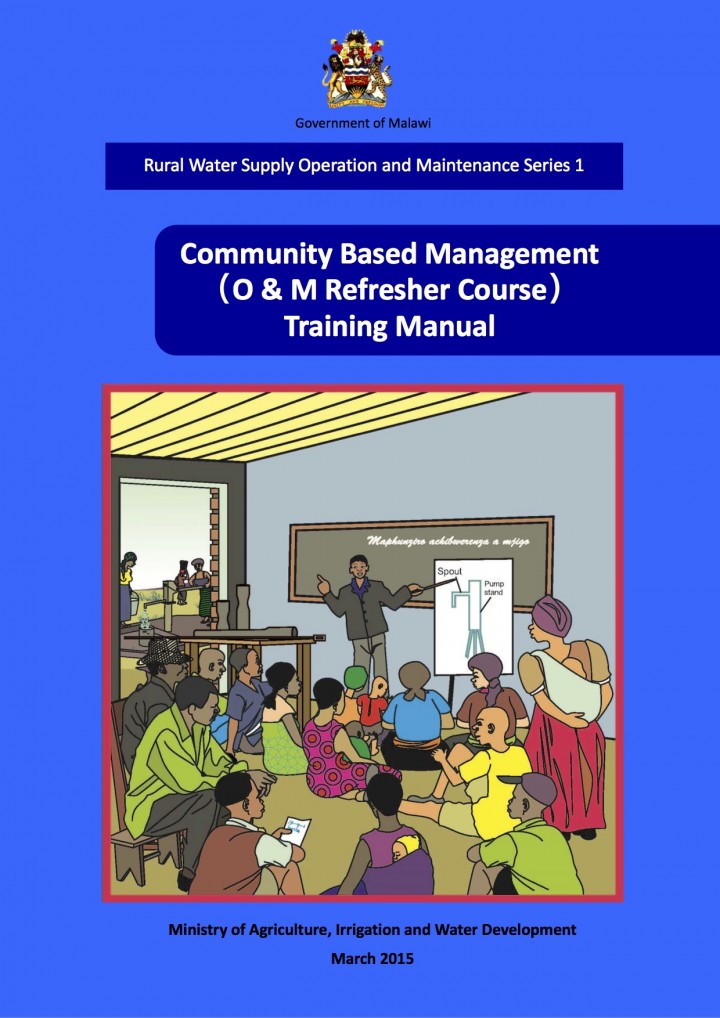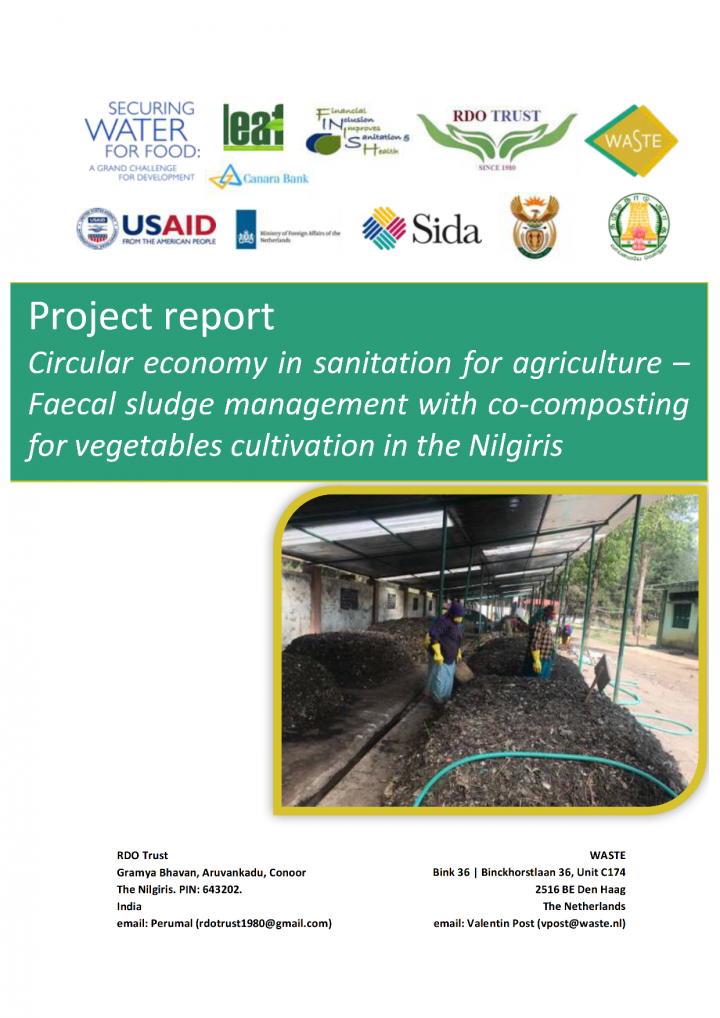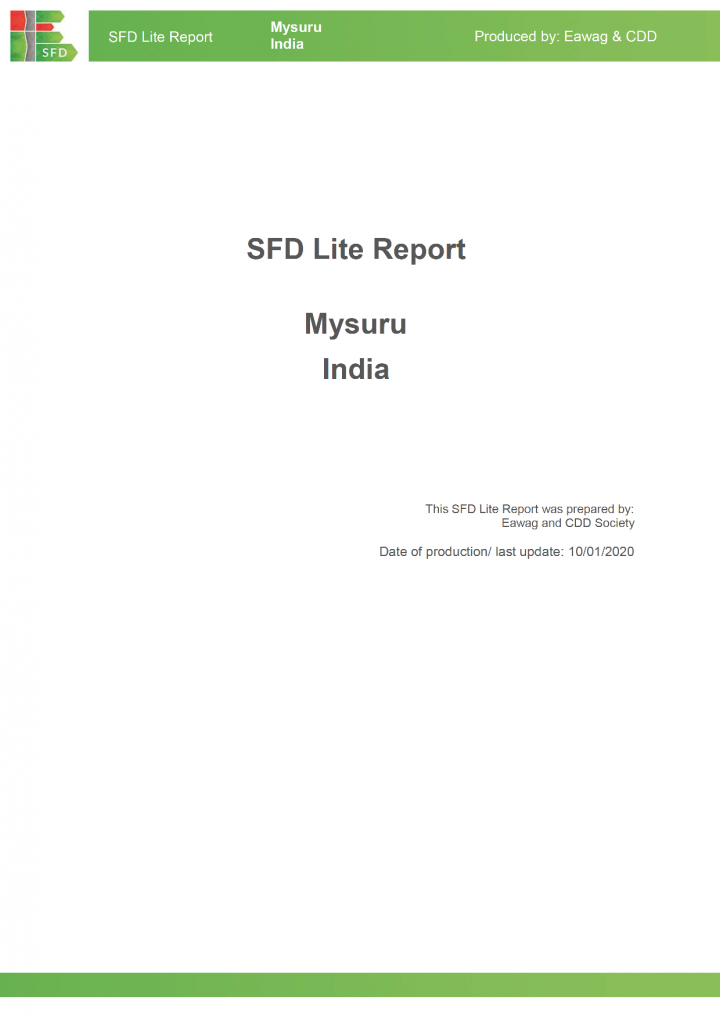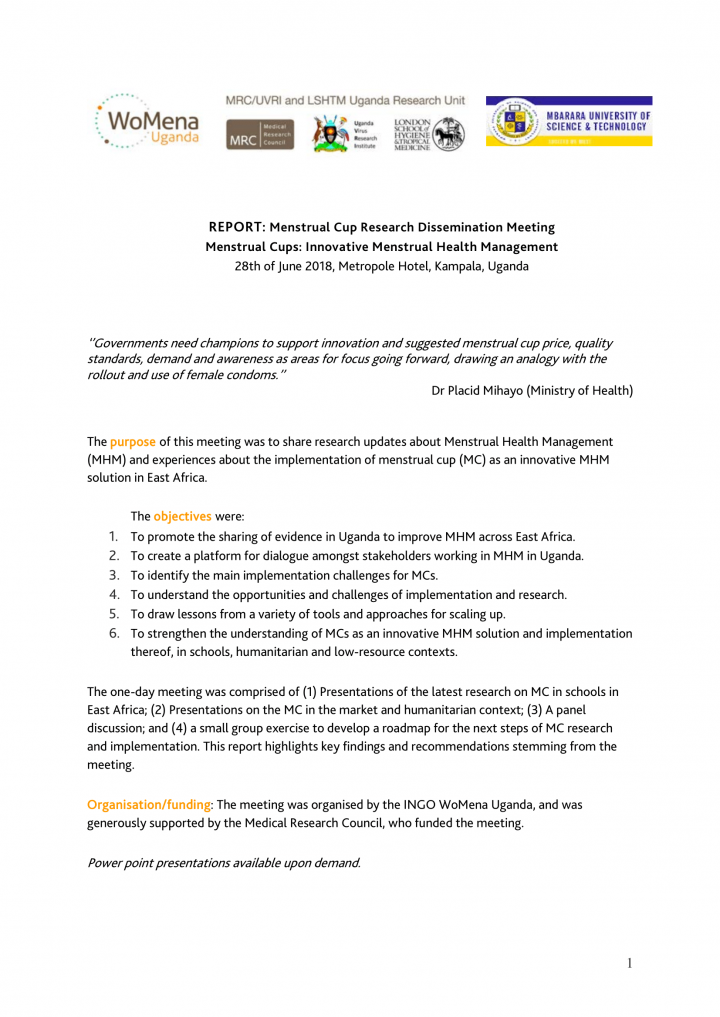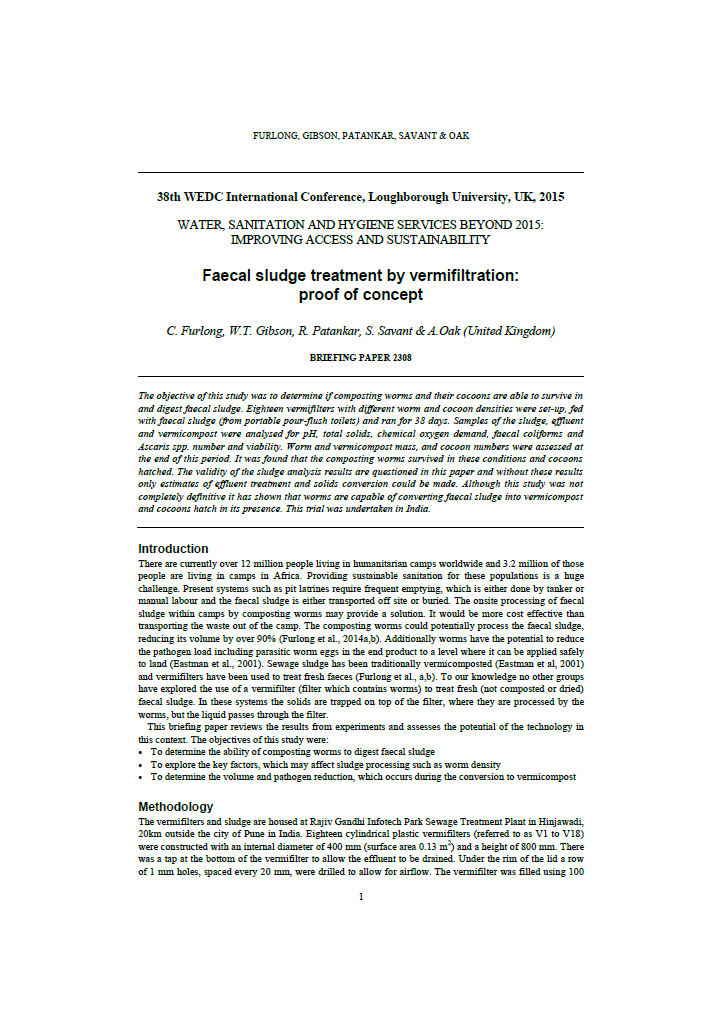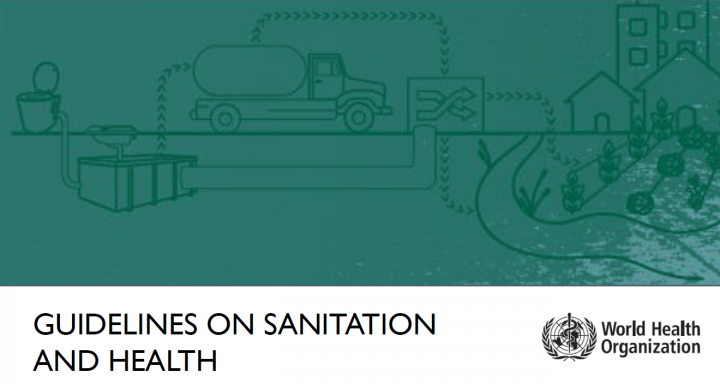Searching for information on Sanitation Workers?
The Sanitation Workers Knowledge + Learning Hub is the best source for all current news, trends, articles and updates on sanitation workers rights around the world.
Container-based sanitation (CBS) – in which wastes are captured in sealable containers that are then transported to treatment facilities – is an alternative sanitation option in urban areas where on-site sanitation and sewerage are infeasible. This paper presents the results of a pilot household CBS service in Cap Haitien, Haiti. We quantify the excreta generated weekly in a dense urban slum, …
The Risks, Attitudes, Norms, Abilities, and Self-regulation (RANAS) approach to systematic behavior change is an established method for designing and evaluating behavior change strategies that target and change the factors influencing a specific behavior in a specific population. In brief, it is an easily applied method for measuring behavioral factors, assessing their influence on behavior, …
This document represents a review report of the experience gained from producing SFDs from GIZ, WEDC, UoL, CSE and Eawag under the of the Phase I of the “Promotion of Shit Flow Diagrams” project funded by the Bill & Melinda Gates Foundation.
This report results from collating inputs from all partners on the use of the manual for SFD production, the SFD calculation tool, key learning points …
Technical Sustainable Management TSM (Arab) is a Quality Management System managed by the
following stakeholders:
- ACWUA-WANT programme as financing and supervision of the TSM-Arab implementation.
- Arab Countries Water Utilities Association (ACWUA)
- TSM-Arab Task Force of ACWUA members quality management system)
- Holding Company for Water and Wastewater (HCWW) as consultant of the …
Supported Self-supply is highly relevant as a complementary service delivery model for rural water supply since conventional water delivery services would simply be too expensive to ensure universal access to safe water, which is defined as SDG target 6.1. Many rural households invest in improving water supplies of their own as they highly appreciate the convenience of supplies close by their …
A sanitation snapshot of urban Uttar Pradesh, India clearly indicates that households with onsite sanitation systems like septic tanks (47 per cent) far exceed those with sewer connections (28 per cent), hence septage management in the state becomes an integral part of sustainable sanitation. According to the State Annual Action Plan 2017, most cities have reported more than 80 per cent coverage …
Menstruation is a sign of health, growth, and development for girls. It is part of the transition from being a girl to womanhood.
This is a child-friendly material intended to teach girls about their periods. It has practical information presented in an approachable manner, covering common questions about menstruation, tips on how to handle the transition, and myths about periods. …
The manual is intended for use by trainers and training institutions with limited access to formal training facilities and limited experience with advanced training methods. The trainees should have prior experience working in concrete construction and preferably be practicing masons. The manual imparts the most relevant and appropriate skills to masons to enable them to respond to consumer …
EXECUTIVE SUMMARY
In Sub-Saharan Africa (SSA), menstrual health is often considered a taboo and many girls and women lack access to safe and appropriate menstrual health management (MHM) products. This can have far-reaching implications for women and girls’ physical, social and mental wellbeing, as well as for their sexual reproductive health and rights. These MHM issues are often further …
The use of cash has undergone significant changes at the field level with the uptake of mulit‐purpose‐cash grants (MPGs). In particular the formation of diverse technical cash working groups (CWGs) raises questions around how the clusters and its partners can provide technical and strategic support to the use of cash modalities in humanitarian response and what structures are needed to …
Many of the schools visited have a population of students of more than 500, of which 300 are female pupils and 200 are male pupils. Furthermore, with a total number of 8 members of staff, of which 3 are male and 5 are female teachers.
With the problem analysis, Maboshe Memorial Centre (MMC) is hoping to lobby for donor funding to conduct a 2 to 3 years project in the seven Primary Schools …
The Global Water Security & Sanitation Partnership (GWSP) is an international partnership launched in 2017 to support countries around the world in meeting the targets related to water in the Sustainable Development Goals (SDGs), particularly those of Goal 6, which calls on the global community to “ensure availability and sustainable management of water and sanitation for all.” Administered …
This presentation summarises the lessons learnt by Oxfam's team working in Juba to support and develop the local market place to provide drinking water. The programme developed a voucher system that enabled households to access quality drinking water though supporting a community run, solar powered water treatment plant.
This updated document presents recommended core questions to support harmonised monitoring of WASH in schools as part of the SDGs. The questions map to harmonised indicator definitions of “basic” service and to service ladders that can be used to monitor progress. They are intended for use in national or sub-national facility surveys and census questionnaires.
If national and sub-national …
This publication highlights the key physical, social, and institutional factors that act as barriers or facilitators for the full and equal participation for women, men, girls and boys with disabilities. The following chapters shed light on the critical role local and national governments, civil society, academia, philanthropic foundations, and the private sector can play in ensuring that cities …
The Training Programme at Arua Technical Institute Ragem (ATIR) is supported by the GIZ programme Water Supply and Sanitation for Refugees and Host Communities in Northern Uganda (WatSSUP). The WatSSUP programme is implemented under the special initiative on forced displacement of the German Federal Ministry for Economic Cooperation and Development (BMZ) in line with Germany’s commitment to …
Currently, the community based management (CBM) training is provided to the beneficiaries only when the water supply facilities are first constructed (before and after construction). However, several years could pass after construction before the water supply facilities begin to deteriorate and break down, requiring maintenance. Therefore, it is likely that, for a few years after construction, …
This report presents results of the project 'Circular economy in sanitation for agriculture – Faecal sludge management with cocomposting for vegetables cultivation in the Nilgiris', which started in 2017 and is funded under the Securing Water for Food programme and the FINISH Mondial programme.
Mysuru City is situated in southern part of the state at 770 m above sea level. According to the census 2011, the population of Mysuru was 893,062 and number of households (HH) were 209,650. Overall, the SFD Graphic depicts that 72% of excreta is safely managed while 28% is discharged untreated to the environment. Wastewater through sewer systems is generated by 92% of the total population of the …
The purpose of this meeting was to share research updates about Menstrual Health Management
(MHM) and experiences about the implementation of the menstrual cup (MC) as an innovative MHM
solution in East Africa.
The objectives were:
1. To promote the sharing of evidence in Uganda to improve MHM across East Africa.
2. To create a platform for dialogue amongst stakeholders working in MHM in …
The objective of this study was to determine if composting worms and their cocoons are able to survive in and digest faecal sludge. Eighteen vermifilters with different worm and cocoon densities were set-up, fed with faecal sludge (from portable pour-flush toilets) and ran for 38 days. Samples of the sludge, effluent and vermicompost were analysed for pH, total solids, chemical oxygen demand, …

